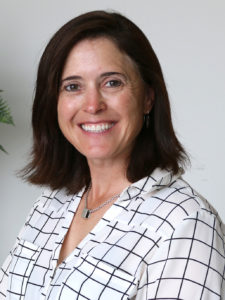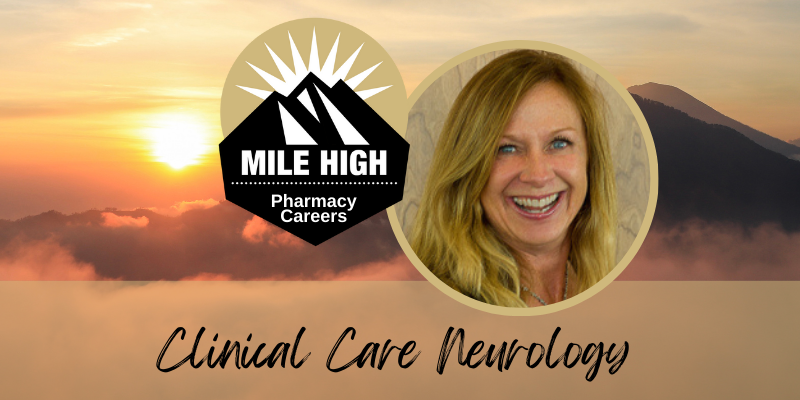For some, the word hypnosis can conjure up images of a stage performer dangling a watch in front of a participant’s face. But for many healthcare clinicians, the reality is far removed from that myth: clinical hypnosis is a tool that helps take patients to a deeper state of mind to change behaviors, assist in therapy and help make lasting health changes.
Dr. Connie Valdez is an associate professor at the University of Colorado Skaggs School of Pharmacy and Pharmaceutical Sciences and a practicing pharmacist. She turned to the therapy technique when she saw that patients at her clinical practice sites had trouble sticking with health goals.
“Even though they make personal goals, sometimes they have trouble meeting those goals, and a lot of it has to do with behavior,” she said. “So I thought hypnosis might be something interesting to have as part of my toolbox for some of these patients who struggle.”
Valdez, a pharmacist at Sheridan Health Services and Denver Indian Health and Family Services, is the first and only pharmacist to become a member of American Society of Clinical Hypnosis (ASCH), where she is pursuing a certification in clinical hypnosis. ASCH, which promotes hypnosis as a clinical application, only provides training in the therapy to licensed healthcare providers who have a Masters or Doctorate degree. When she decided to begin the certificate program, Valdez’s membership had to be approved by the organization’s board of directors.
She has completed the didactic portion of the certification program and is currently completing the clinical practice portion. She will receive her certification in April 2021 and plans to integrate it into her current clinical practice settings.
“When I applied, they never had a pharmacist apply,” she said. “Most of the people in this are physicians, dentists, social workers, therapists, nurses.”
Clinical hypnosis, a highly relaxed state of mind, is an “altered state of awareness, perception of consciousness that is used by licensed and trained doctors or masters prepared individuals for treating a psychological or physical problem,” according to ASCH. It works by taking patients through guided relaxation and concentration, accessing other parts of the brain.
“People are awake during the whole process,” Valdez said. “They can talk to you, interact and answer questions. But you have them at a deep level of relaxation. So a lot of it is getting them to process things on their own to make those changes.”
For Valdez, the therapy is one of many tools she plans to add to existing treatment methods. In her clinics, she treats patients with conditions such as diabetes, high blood pressure, high cholesterol, chronic obstructive pulmonary disease and asthma. She does work ranging from adjusting medications specific to patients and helping with lifestyle changes to performing pulmonary function tests.
She said the therapy is used along with traditional treatment methods and in situations when other treatment methods aren’t as effective.
Valdez, who is just beginning to use clinical hypnosis, said everyone she’s applied the therapy on so far — from patients who want to quit smoking, lose weight or change dietary behaviors to boy who was hit by a baseball and was afraid to catch — has been successful.
She recommends recording the sessions, especially for patients who need daily reinforcement with behavior changes. If patients find they need the therapy to be modified, they can visit Valdez to re-record the session.
“To date, most everyone that I’ve practiced clinical hypnosis on has been successful,” she said. “Has it resulted in a full, 100 percent quitting in everyone? No. But it’s gone to improvement.”




